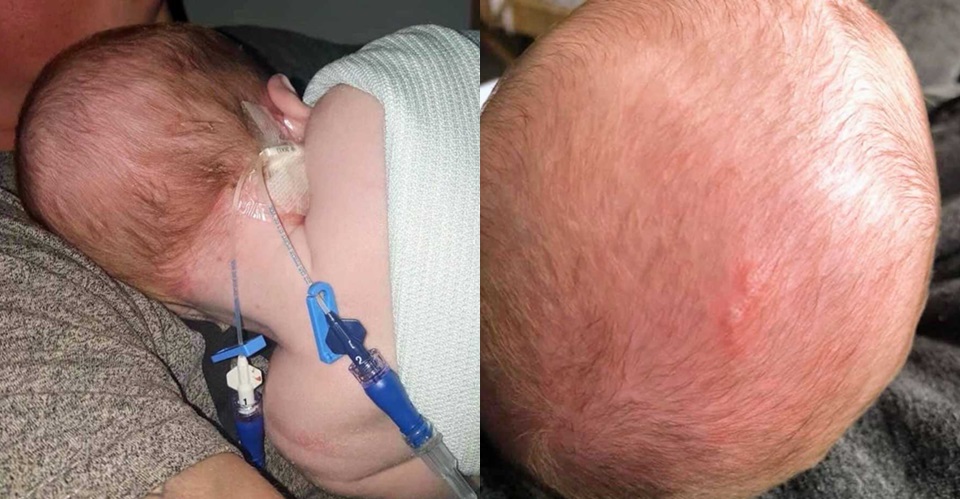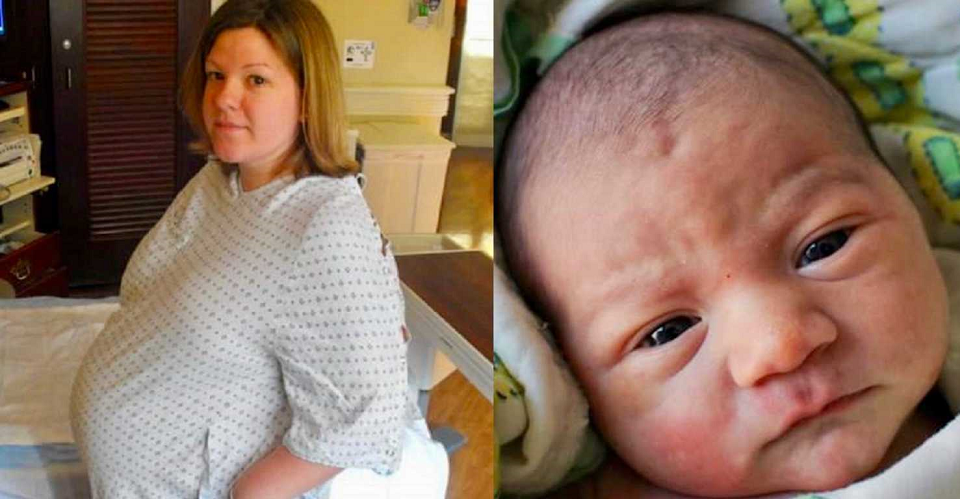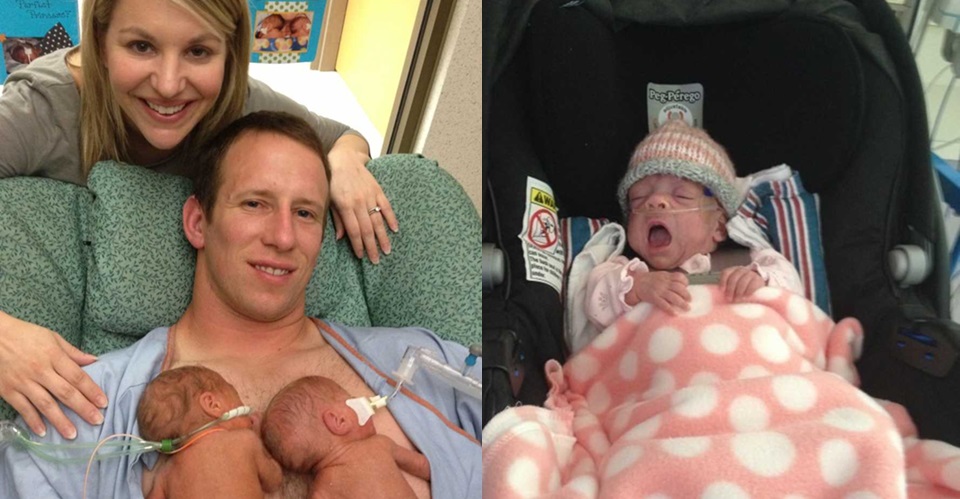When a new mother notices something unusual on her newborn’s skin, her first instinct is often a mix of worry and denial. That’s exactly how it started for one mom when she spotted a single blister-like spot on her baby’s head. It looked harmless, maybe eczema or a rash from a warm bath. She cleaned it carefully, rewashed his hair, and continued her day. But deep down, something didn’t sit right. Her son, Ernie, was only two weeks old. He fed well, had no fever, and his diapers were as regular as ever. There were no apparent signs of illness. Still, within three days, more blisters appeared, four at first, then six overnight. They looked infected, raw, and angry. That’s when the uneasy feeling grew into something undeniable. The diagnosis of eczema just didn’t make sense anymore.
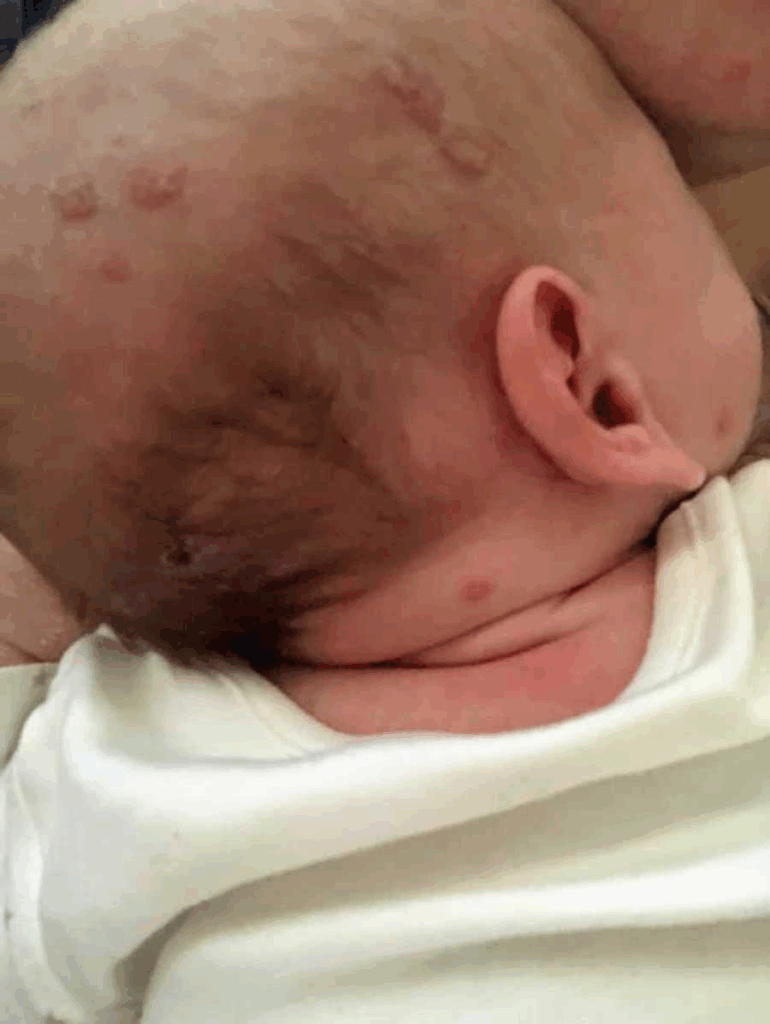
Trusting her gut, she called the doctor again. This time, things moved fast. Ernie was seen that same day and immediately rushed to the hospital. The panic that followed was the kind that tightens around the chest and doesn’t let go. No one really prepares you for how fragile newborns are, or how something that looks so small can become something so serious. Three days into their hospital stay, she finally heard the word that changed everything, herpes. Not the kind of word anyone expects to be connected with a baby, but there it was. Herpes simplex virus, the same one that causes cold sores in adults. It didn’t sound life-threatening, but for a baby, it was. The doctors explained that if untreated, herpes in infants can be as deadly as meningitis. The virus can spread quickly, attacking the brain, lungs, and vital organs.
Ernie needed a long line fitted so that a powerful antiviral medicine could flow directly into his bloodstream. His tiny arm, wrapped in medical tape and wires, looked far too small for all of it. His mother watched helplessly as the machines beeped and nurses moved around with quiet urgency. She’d never imagined this kind of fear, the kind that doesn’t explode, but simmers, relentless and exhausting. Almost two weeks later, Ernie had nearly completed his course of IV medication. His skin was healing, his color returning, and the hope she’d been afraid to hold onto started creeping back in. But their fight wasn’t over. He would need six more months of oral antiviral medicine at home and regular checkups to ensure the virus was truly gone. The doctors said that if he made it to his first birthday without a relapse, they could finally breathe easier.
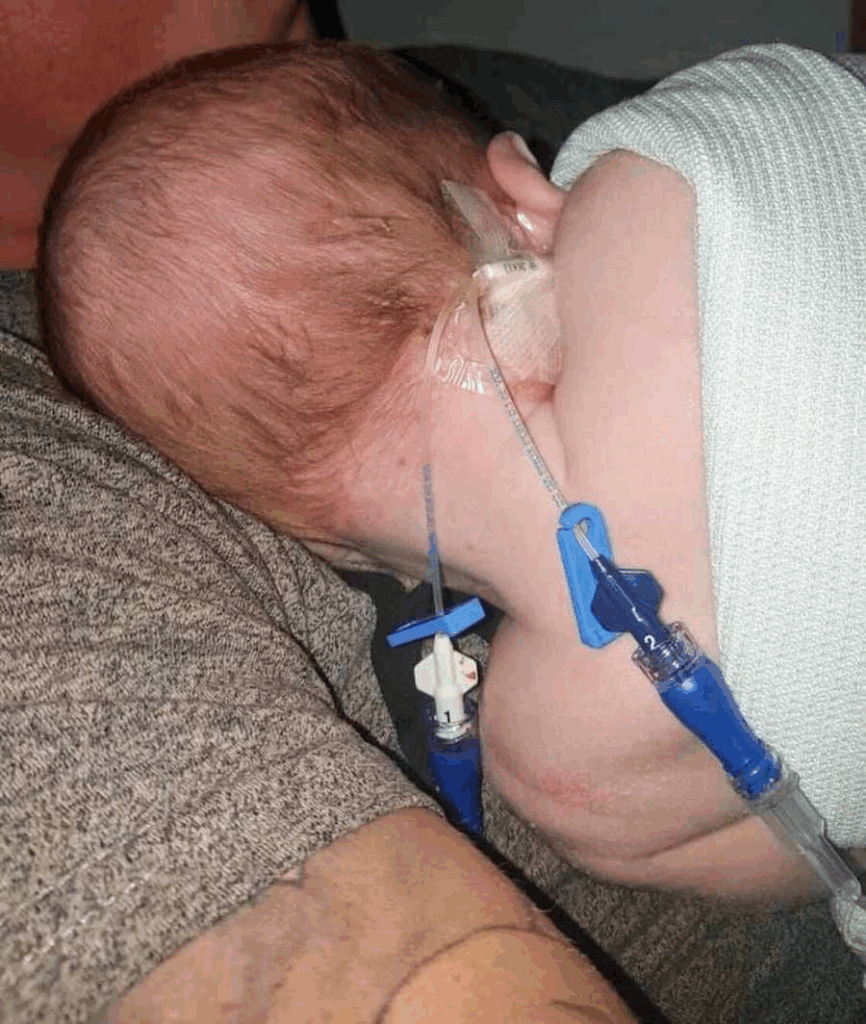
Amidst all this, the mother learned more than medical facts. She knew how terrifyingly fast things can change. She learned how important it is to trust that small voice inside that says something isn’t right. Most of all, she knew how fragile newborns are, and how something as simple as a kiss from someone with a cold sore can have devastating consequences.
She now tells everyone who will listen to be careful around babies. Wash your hands. Don’t kiss them on the face. Respect the parents’ boundaries. It’s not paranoia; it’s protection. Herpes in infants isn’t talked about enough, but it should be. It can happen to any family, in the most ordinary of moments. The photos from those early days still take her breath away, the red, blistered patches on her baby’s head that doctors once dismissed as eczema. They’re a reminder of how easily things could have gone differently, how close they came to losing him before they even had the chance to really know him.
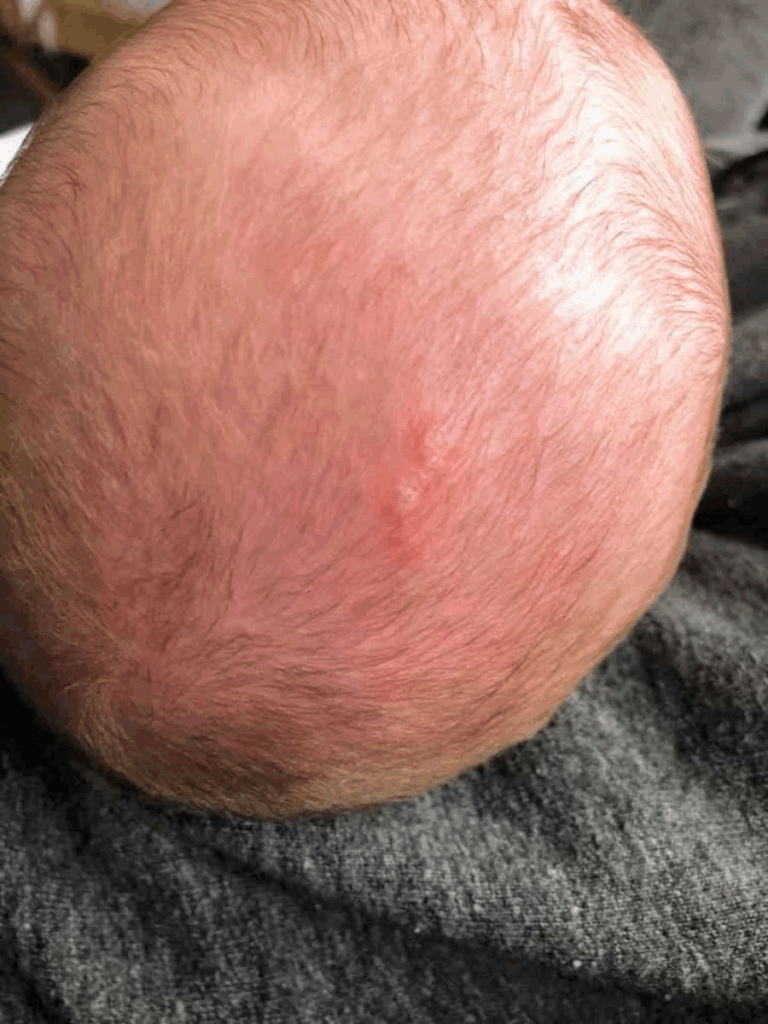
Now, when she looks at Ernie, she sees more than just her baby. She sees resilience in its smallest, purest form. He’s the reminder that sometimes a mother’s intuition is the most potent medicine. So she keeps sharing his story, not to scare people but to educate, to make sure other parents don’t feel blindsided like she did. What happened to Ernie could happen to any newborn. And sometimes, all it takes to save a life is a single cautious moment, one person choosing not to kiss a baby’s cheek, one parent listening to that inner whisper saying, “Something’s not right.”
